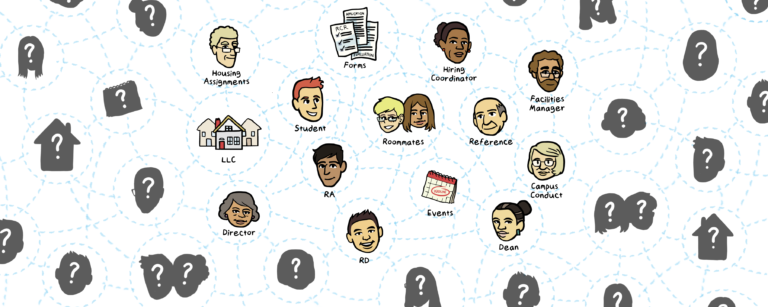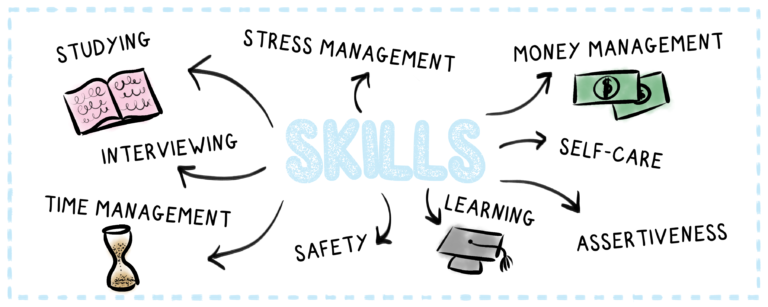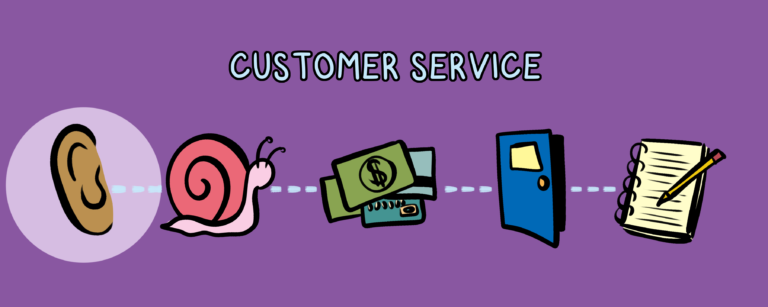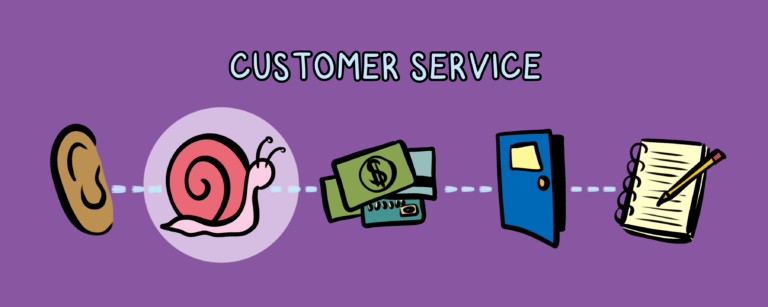Almost all student affairs professionals are in their roles because they genuinely care about students and their well-being. The hours spent going above and beyond to help students in need would never happen if it weren’t for the genuine care and responsibility that one invests in their communities.
The Story of Sam
Sam Prater is the 12th of 14 children. It was a crowded household for his single father, so when he dropped out of high school, he was forced to move out. He was evicted twice, couch surfed at friends’ apartments, and did not have access to the resources he needed to succeed. But Sam is resilient. He became a student and earned his GED, went on to University where he landed a job as an RA, and learned that education is the ladder to lift you out of poverty. Becoming an RA started his career in student affairs and drove him to achieve his EdD in educational leadership and policy.
Sam would say that most students who drop out of high school are not as fortunate as he. Students will drop out of school because money gets tough. They are surrounded by privilege and can easily see that it’s not an even playing field. Sam chose a career in higher education because his experience showed how important it is to lift up others. He wanted to do more meaningful work. To learn more about Sam and his journey, watch Sam tell his own story.
The Problem
Those of you who read our post on Los Angeles Room and Board may have made the connection that Sam Prater, mentioned above, is the founder of this organization. Sam founded LA Room and Board as a place “to support students in identifying housing without respect to creditworthiness, income level, or other barriers. [Utilizing] a Transitional Housing model, [the program] fully subsidizes [a] student’s housing expenses for a period of time and progressively requires students to pay toward their housing expenses.”
We need to make colleges and universities more accessible to the general population, says Prater. Institutions need to make a more direct impact and tackle some of the real problems that students have. Too often, students are leaving institutions because they can’t afford housing and food on top of tuition costs. Prater continues to suggest that in most states, financial aid falls short of the true cost of education. “If you consider the true cost of attending university, financial aid does not cover what you need to live, survive, and thrive.”
3 Ways You Can Help
There are many ways that student affairs professionals can take an active role in addressing student homelessness, food insecurity, and housing insecurity on their campuses. The first step is acknowledging there is a real problem, even if you don’t blatantly see the signs daily. Prater suggests gathering accurate information and taking actionable steps to support students as methods to start combating the issues above.
Homelessness, food insecurity, and housing insecurity continue to come with a stigma, so it’s essential to find opportunities to foster trust and respect with your students and understand the true extent of both their financial situation and stress that manifests as a result.
Understand What Your Students Need
What is really happening on your campus? When a student “takes a semester off,” do you really know why? Focus on the complex students, says Prater. Ask the uncomfortable questions of your student population to ensure that you genuinely understand the extent of the issues on your campus. Create inclusive spaces throughout the university experience, as these three issues do not universally appear at the same time for all university students.
Collect Data
When a student doesn’t return in the spring, use the data to track what happened to them. Take time to understand their journey and what resources you can offer (or create) to get them back to campus. Share this information! Share the information with colleagues on campus who can provide more resources and can support students in different ways, and educate your colleagues about the real struggles that university students are facing. When collecting and analyzing data, Prater recommends:
- Tracking the journey of students, both before and after they leave the institution
- Asking direct questions: Are you eating? Where are you living? Do you have any support?
- Discovering predictors that may allow for early intervention. Does the data show any signs of students falling through the cracks?
- Making recommendations for action on campus related to student hunger and homelessness
Start Now
Inspired? You don’t need to wait to act! While you’re collecting data and gaining more information about the population on your campus, consider acting now to volunteer to help pre-existing organizations, as Prater recommends. Los Angeles Room and Board is currently accepting volunteer applications for mentors and tutors, with some jobs being able to be completed remotely. In addition to that, you can donate to the organization or sponsor a student’s meals for a day, week, or month.
If you have any questions about student hunger, food insecurity, or homelessness, please be in touch! You can contact us at eRezLife or email Sam Prater at Los Angeles Room and Board.
Welcome to the community! We’re glad you’re here.






